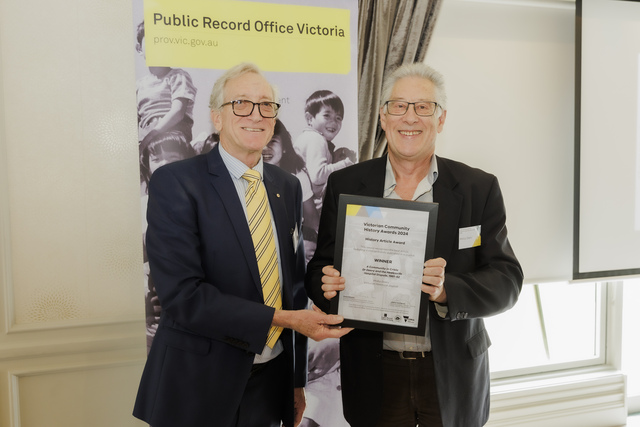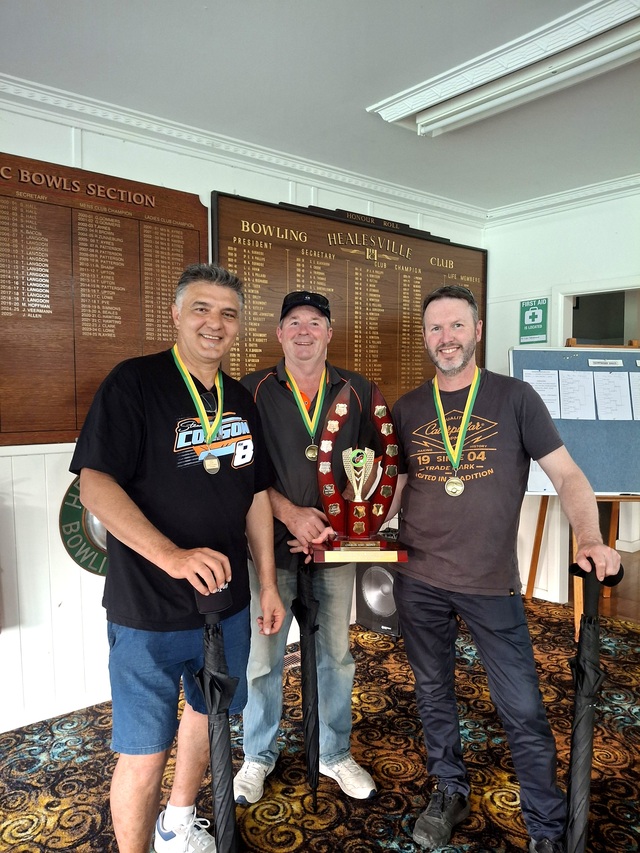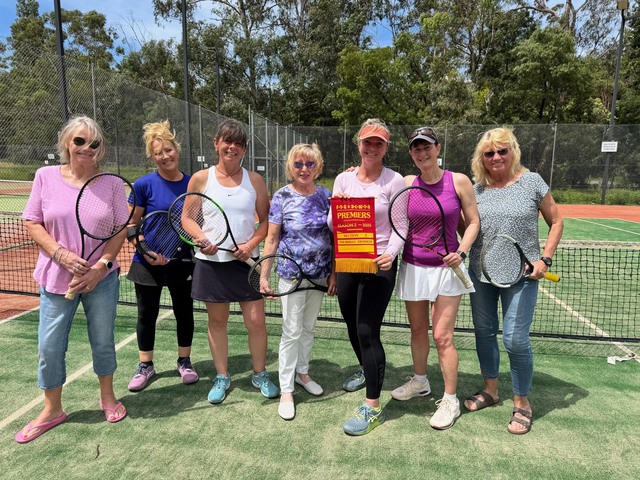An article about the dismissal of a doctor at the Healesville District Hospital was named one of the winners of the 2024 Victorian Community History Awards.
The author of A Community in Crisis: Dr Deery and the Healesville Hospital Dispute, 1961-62, Phillip Deery, received the History Article Award on Monday 24 March.
Mr Deery said he felt honoured and thrilled to have won the award.
“I really enjoyed writing it,” he said.
“That’s also perhaps part of the reason why it won. It came together very nicely and seamlessly.”
His article concerns a dispute at the local hospital which became a major conflict in Healesville from 1960 to 1961.
The dismissal of Dr Arthur Deery and the hard-fought campaign for his reinstatement caused a corrosion of trust and the destruction of friendships in this otherwise tight community.
Dr Arthur Deery, born Arturo Deutsch in Hungary in 1906 to the working class Jewish parents, was a medical practitioner trained in Italy, who fled the rising tide of anti-Semitism in Europe to arrive in Australia, rather accidentally, in 1940.
“Dr Deery, no relative of mine, was in the firing line of this (conflict). He was the brunt of many of the hostilities, tensions and conflicts within the hospital,” Mr Deery said.
“It was the allegation that he had performed illegal abortions, that was the trigger for his dismissal.
“He denied that but he didn’t have any right of appeal, so there wasn’t an opportunity for him to present alternative evidence in his defence.”
The article suggests that this case represents a striking example of how nascent Cold War paranoia was expressed in small communities and, in microcosm, how political passions, social activism and deep divisions could be generated by a local issue.
The town split between ardent supporters of hospital reform and of Dr Deery, predominantly women, and a conservative old guard determined to use aspersions of communist infiltration and the murky support of Santamaria’s National Civic Council to maintain their grip on the hospital.
The author said his article suggested the conflict in Healesville became like a domestic microcosm of the Cold War.
“The Cold War ripped very small at a local level. The article, in essence, concerns both the circumstances of his dismissal, the mobilisation in support of Dr Deery, and the allegations that it was all part of a communist plot,” Mr Deery said.
“Eventually, through all of this, there were big public meetings, quite fiery and robust yelling, and everything. Police were coming in, surrounding the hall and so on. It’s quite traumatic. Eventually, a board of inquiry was set up by the Victorian Parliament, and that went into the allegation.
“To a large extent, but not completely exonerated, Dr Deery returned to work under certain circumstances.
“Eventually, he left Healesville and set up practice in Mooroolbark. Many of his old Healesville patients would drive all day to see him, which indicated how he was regarded.”
The author worked on this article throughout 2022 and 2023.
The article was finally published in December 2023.
Mr Deery said sharing the same surname was the biggest trigger for him to work on this story.
“It started probably about 30 years ago when someone said, ‘Are you related to Dr Deery?’,” he said.
“That was the first of many occasions when people said, ‘Oh, you connected to Dr Deery of Healesville’, because about 30 years ago, that dispute was still well remembered, it’s not now.
“That was the germ, and I thought I should write that up one day.”
Presented by Public Record Office Victoria with the Royal Historical Society of Victoria, the Victorian Community History Awards celebrate historians and community groups committed to preserving and sharing stories of the past.
The judges said Phillip Deery is arguably Australia’s foremost historian of the Cold War years.
“He has a knack for using biography to elucidate the bigger sweep of history, based on deep research into often arcane archives that he deploys with a light but masterful touch,” they said.
“This sharply observed, well-written and deeply researched article stands as a model of good local history writing, deftly demonstrating the way national and international issues were experienced locally.”







